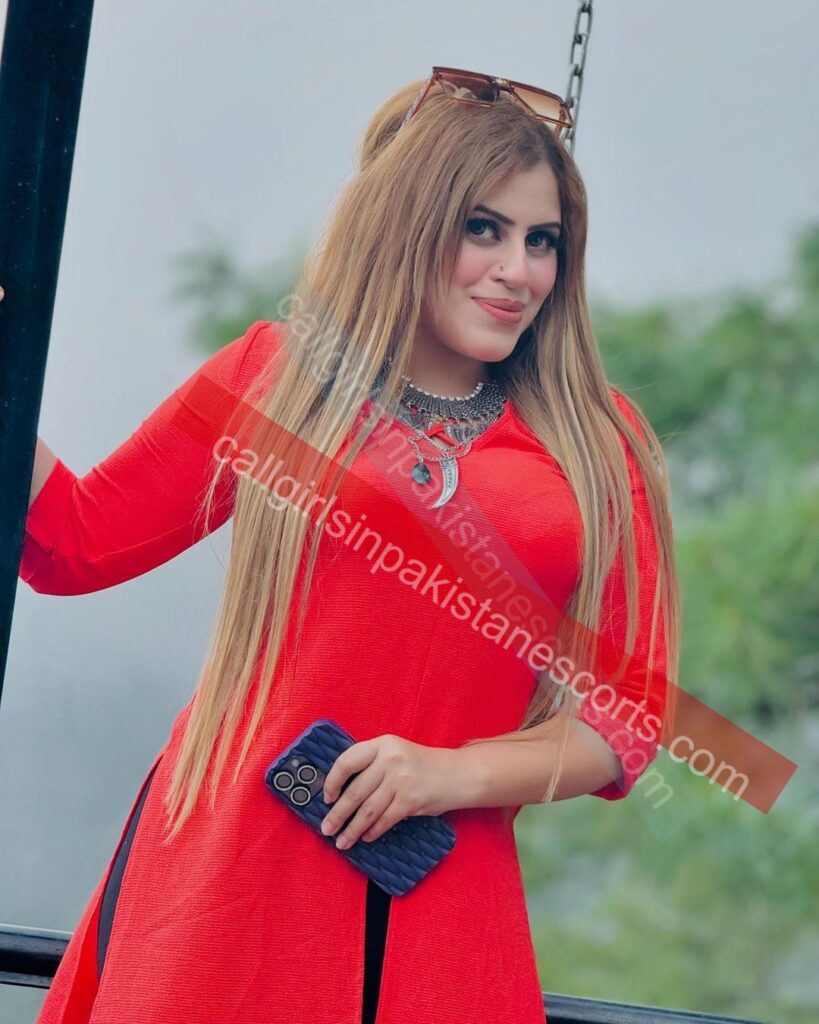Karachi, the vibrant and sprawling metropolis of Pakistan, is often characterized by its rich history, diverse culture, and a bustling economy. Beautiful Karachi Call Girl 20 million people, the city embodies a complex tapestry of traditions, aspirations, and desires. Among the various social dynamics that exist within this urban landscape is the escort culture, particularly exemplified by the beautiful call girls who inhabit this clandestine world. In this exploration, we will delve into the nuances of Karachi’s escort scene, examining social perceptions, personal narratives, and the broader implications of engaging in such a profession.
Understanding the Escort Culture in Karachi
Call girls in Karachi represent a segment of Massage Center In Karachi in casual discussions, primarily due to the prevailing social conservatism. Yet, beneath the veil of societal norms lies an intricate network of individuals navigating their personal circumstances through the world of escorting. Karachi’s call girls come from varied backgrounds, each with her own story that shapes her decisions and lifestyle.
Some may enter the profession out of necessity, driven by financial constraints that offer limited alternatives. Others may view it as a means of empowerment, reclaiming agency in a patriarchal society. Understanding these perspectives is crucial for fostering empathy and breaking down the stigma associated with the profession.
The Allure of Beauty and Discretion
The term “beautiful call girl” often evokes images of glamour, luxury, and allure. In Karachi, beauty is not merely a physical attribute but a complex combination of personality, charisma, and the ability to provide companionship. These women often cultivate an image that appeals to a specific clientele, ranging from businessmen to international visitors who find themselves in the city for work or leisure.
Discretion is a paramount consideration in this profession. The call girls operate within a delicate framework where privacy is essential for both parties involved. Clients seek not only companionship but also a safe space free from judgement and the societal repercussions that may accompany their desires. As a result, many call girls employ pseudonyms, operate through secured communication channels, and form a network of trusted associates to maintain their safety and anonymity.
Navigating Risks and Challenges
While there can be a glamour associated with the profession, the realities often tell a different story. Karachi’s call girls navigate a landscape fraught with risks, including potential violence, exploitation, and legal repercussions. Despite the demand for their services, the nature of their work places them in precarious situations, often unprotected by law. The stigma attached to their profession can also result in social isolation, making it difficult to find support or escape from abusive situations.
Moreover, the rise of technology and social media has transformed how call girls advertise their services and connect with clients. While this has opened up new avenues for business, it has also led to an increase in cyber exploitation and harassment. Thus, the realities of the escorting world in Karachi necessitate a continuous conversation around safety, consent, and the rights of sex workers.
Challenging Stereotypes: The Stories Behind the Faces
It’s essential to approach the subject with an understanding that each call girl has a unique narrative, often layered with complexities and challenges. Many possess aspirations that transcend their current circumstances. Some engage in academic pursuits, hoping to secure a brighter future, while others are mothers striving to provide for their children.
Numerous stories emerge from Karachi’s escort culture, where women exercise their agency and carve out a niche that offers them independence. They juggle their professional lives with societal expectations and personal ambitions, crafting identities that often contradict the narrative imposed upon them by society.
The Role of Society and the Future of Escorting
Societal attitudes toward escorting in Karachi remain largely conservative, with many viewing it through a moralistic lens. However, as conversations about women’s rights and agency evolve, there is a growing recognition of the need to de-stigmatize such professions. Advocates argue that recognizing and legitimizing the work of call girls could pave the way for greater protections, rights, and access to resources.
In recent years, discourse around the legalization of sex work has gained traction globally. This paradigm shift could foster a safer environment for individuals engaged in escorting, allowing for proper health services, legal protections, and social acceptance.






